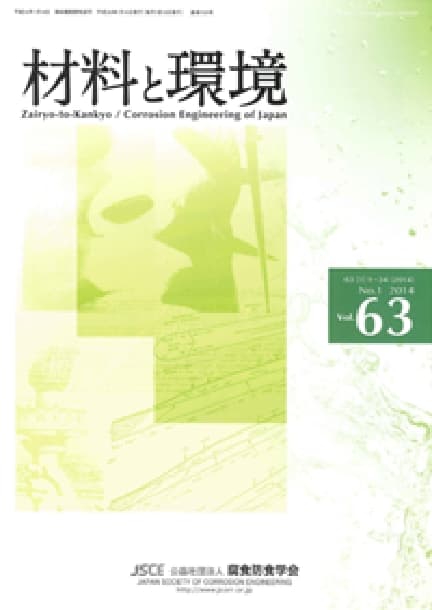Corrosion Damages of Resin Encapsulated Semiconductor Devices and its Preventions
Toshinori Ozaki, Yuichi Ishikawa
pp. 641-648
Abstract
Corrosion damages of the electronics components have been become important in the reliability of the several machines and systems. The corrosion mechanisms of resin encapsulated semiconductor devices have change for the applied testing conditions. For example, in the accelerated testing method, corrosion damages was occurred by crevice corrosion or delamination in the leadframe/resin interface. In order to precise evaluations, it needs to be examined in mild environments which used conditions of semiconductor parts.










